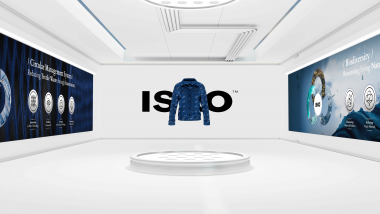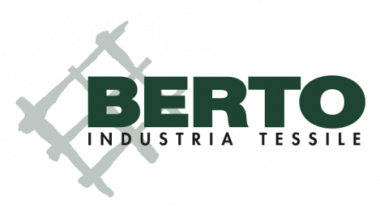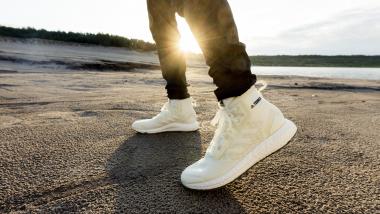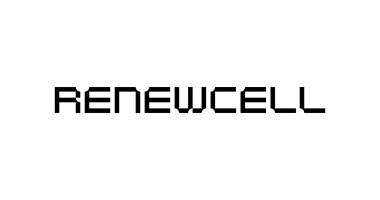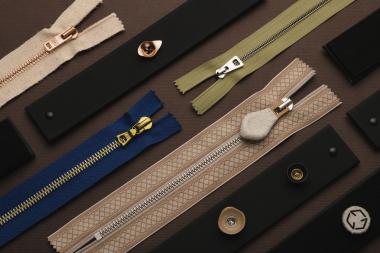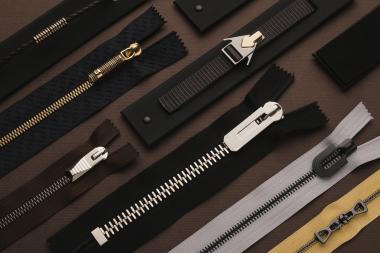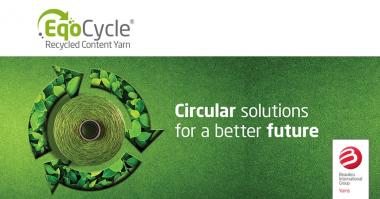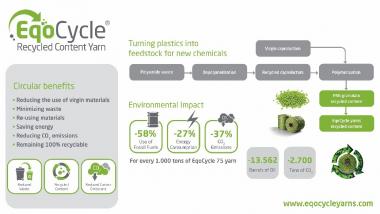RadiciGroup: New ski suit featuring total end-of-life recyclability
- Sustainability at Milano Unica: Ecodesign for an environmentally friendly fashion industry.
A ski suit made of yarn obtained from recycled materials and fully recyclable at end-of-life, without giving up on style, design and technical performance: this is RadiciGroup’s business card at the 34th Milano Unica, the international high-end textiles trade show taking place at the Milan Rho Fairground on 1-2 February.
In the Innovation Area of TexCubTec, Sistema Moda Italia’s technical and functional textile section, visitors can see and touch the new uniform of the RadiciGroup Ski Club designed by RadiciGroup in collaboration with the DKB sportswear brand.
“The ski suit, consisting of jacket and trousers, is fashioned with fabric made of RENYCLE®, a RadiciGroup yarn obtained from mechanically recycled nylon,” pointed out Marco De Silvestri, sales & marketing manager – Apparel and Technical of RadiciGroup Advanced Textile Solutions business area. “In addition, the suit’s padding and numerous accessories, such as zippers, Velcro, buttons and thread, are also made of polyamide. It was an ambitious project and we reached a definitive goal: circularity in sportswear without compromising on performance. A goal achieved through continuous close collaboration with other companies in the chain to develop chemically compatible materials that guarantee the high technical performance required by this kind of application.”
At Milano Unica, besides RENYCLE®, RadiciGroup is showcasing garments made of REPETABLE®, a polyester yarn obtained from post-consumer recycled plastic bottles, and articles made of BIOFEEL®, a brand identifying both nylon and polyester yarn made from renewable source materials.
RadiciGroup









